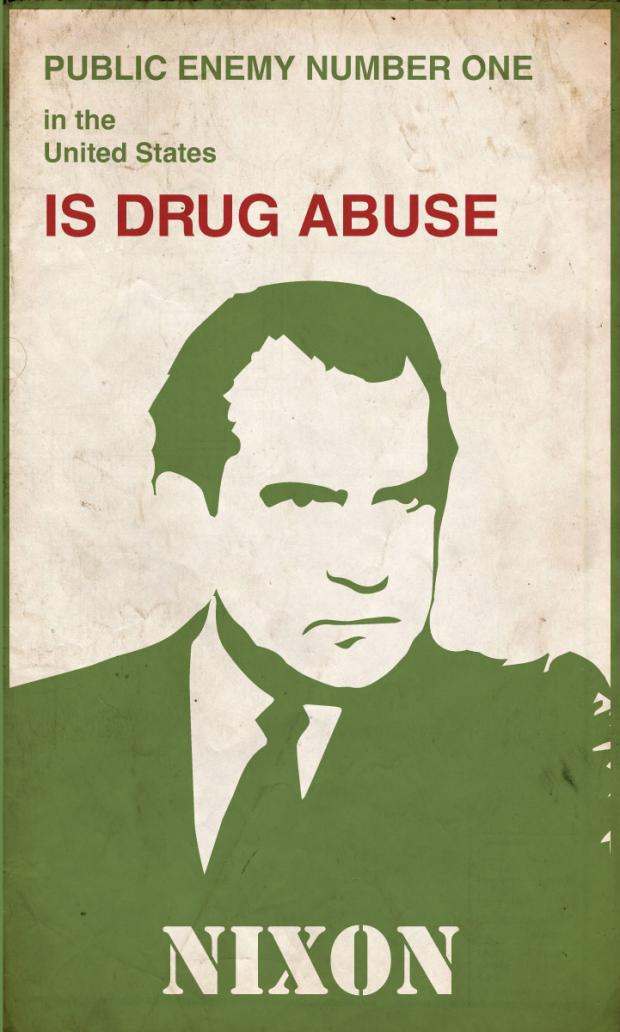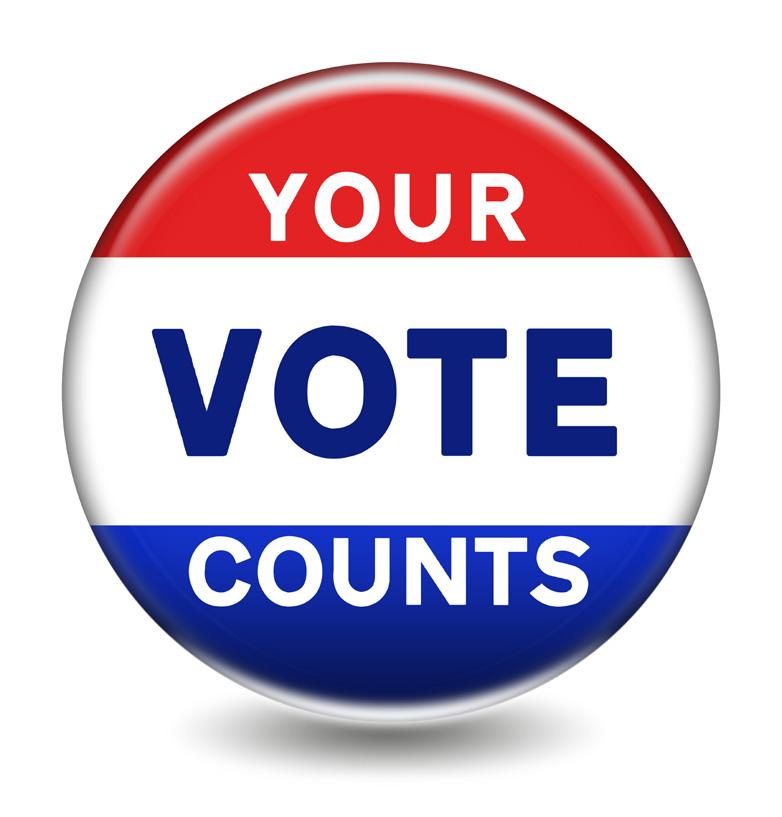
5 minute read
Cannabis Addresses Its Social Equity Issue
Cannabis Addresses its Cannabis Cares
Social Equity Issues
Advertisement
By Justine Sutton For hundreds of years in this country, not only have Black people been treated as if their lives don’t matter, but in the last many decades their communities have been systematically torn apart in the “War on Drugs” through racially biased policing and incarceration.
Some cannabis companies and organizations are now working to right this injustice with social equity programs offering opportunities for education and employment in cannabis to those whose lives have been affected by its prohibition.
Last October was a milestone in terms of California’s cannabis social equity programs, when the Bureau of Cannabis Control (BCC) announced the awarding of an additional $30 million in funding to be used for commercial cannabis equity programs for inclusion and support of those negatively or disproportionately impacted by cannabis criminalization.
However, to paraphrase the Bard, the course of social equity never did run smooth.
The city of Los Angeles has come up against allegations of unfairness in their application process for its social equity program. But plans to replace the first-come-first-served system are causing concern that reliance on a lottery system emphasizes chance without considering merit. In Long Beach, aspiring cannabis entrepreneurs are frustrated with the city’s Cannabis Equity Program, whose services have consisted mainly of assistance with application paperwork. Applicants’ main obstacle is still the substantial amount of capital necessary to start their businesses.
But positive movement is happening. A number of companies have implemented equity initiatives which are currently underway.
Online cannabis business and delivery service Eaze covers much of California. Their Momentum program is a “cannabis business accelerator,” in which 10 applicants are selected for a 10-week education program, each also receiving a $50,000 grant toward their business. Eaze’s aim is to support people of color, women, the LGBTQ community, and anyone incarcerated or negatively impacted by the prohibition of marijuana.
Chicago-based Cresco Labs has a presence in seven states, including a location in Carpinteria. Their SEED (Social Equity & Education Development) Initiative includes efforts toward social equity, a community impact incubator program, and workforce development and education for those adversely affected.
Cannabis Cares Sweet Flower, a SoCal dispensary, sells the Give Back Kit, with tasty THC-laced treats and all proceeds donated to the Equity First Alliance and the Black Cooperative Investment Fund.
Let us be heartened by these parting words from Will S., “Be just, and fear not.” C S
Justine Sutton has worn a number of wordsmithing hats over the years, including English teacher, arts journalist, and nonprofit grantwriter/publicist. She also writes fiction and memoir, dabbles in poetry and playwriting, and looks forward to the publication of her debut novel next year.
Looking to learn more?
Eaze SEED Sweet Flower Equity First Alliance Black Cooperative Investment Fund

In 1971, President Nixon declared the “War on Drugs.” Maintaining that drug abuse was “public enemy number one,” Nixon is credited with increasing the side of law enforcement in the War of Drugs. “Nixon had two enemies: the anti-war left, and Black people. We knew we couldn’t make it illegal to be either against the war or black. But by getting the public to associate the hippies with marijuana and blacks with heroin, and then criminalizing both heavily, we could disrupt those communities,” said John Ehrlichman, former Nixon domestic policy chief in an interview for Harpers magazine. “We could arrest their leaders. raid their homes, break up their meetings, and vilify them night after night on the evening news. Did we know we were lying about the drugs? Of course we did.”









Fyi ... On or about September 21, The US House of Representatives will vote on the Marijuana Opportunity, Reinvestment and Expungement (MORE) Act—the strongest step toward federal legalization ever taken by Congress. The MORE Act is the most potent legalization bill on Capitol Hill. It strikes marijuana from the notorious list of dangerous drugs in the Controlled Substances Act. A federal tax would dedicate 5% of legal sales to a trust fund for post-War on Drugs reconstruction—sentence reductions, expungements, small business loans, and more. If and when federal legalization passes, more work will remain to be done for cannabis to be treated like alcohol or tobacco. Most states will still have marijuana on their state-level Controlled Substances Acts. States will also control who will be allowed to legally grow and sell cannabis. Lastly, local city and county officials almost always get to decide whether to prohibit or allow cannabis commerce within their borders. So your vote counts on cannabis and all issues from the top of the ballot to the very bottom. Remember to get out there and VOTE on November 3! C S Lear n - Ex p lor e - Enjoy A p a s s i o n f r u i t c a r a m e l i n f u s e d w i t h C B D . N E W C H O C O L A T E ! Findthem at both shops! Visit SBVerde.com 4193 Carpinteria Ave., 1100State St. Sweet • 805. 4 • 805. 568.131 684. 3 6900 10 Cannabis by the Sea Fall 2020
“Growing Relationships” Carpinteria Chamber of Commerce Large Business of The Year 2019


Greenleaf Landscapes | Tarpitz Gardening & Landscapes www.gcelandscapes.com | 805.448.5381 P.O. Box 629 | Carpinteria | CA | 93014

By The Sea CANNABIS Magazine












